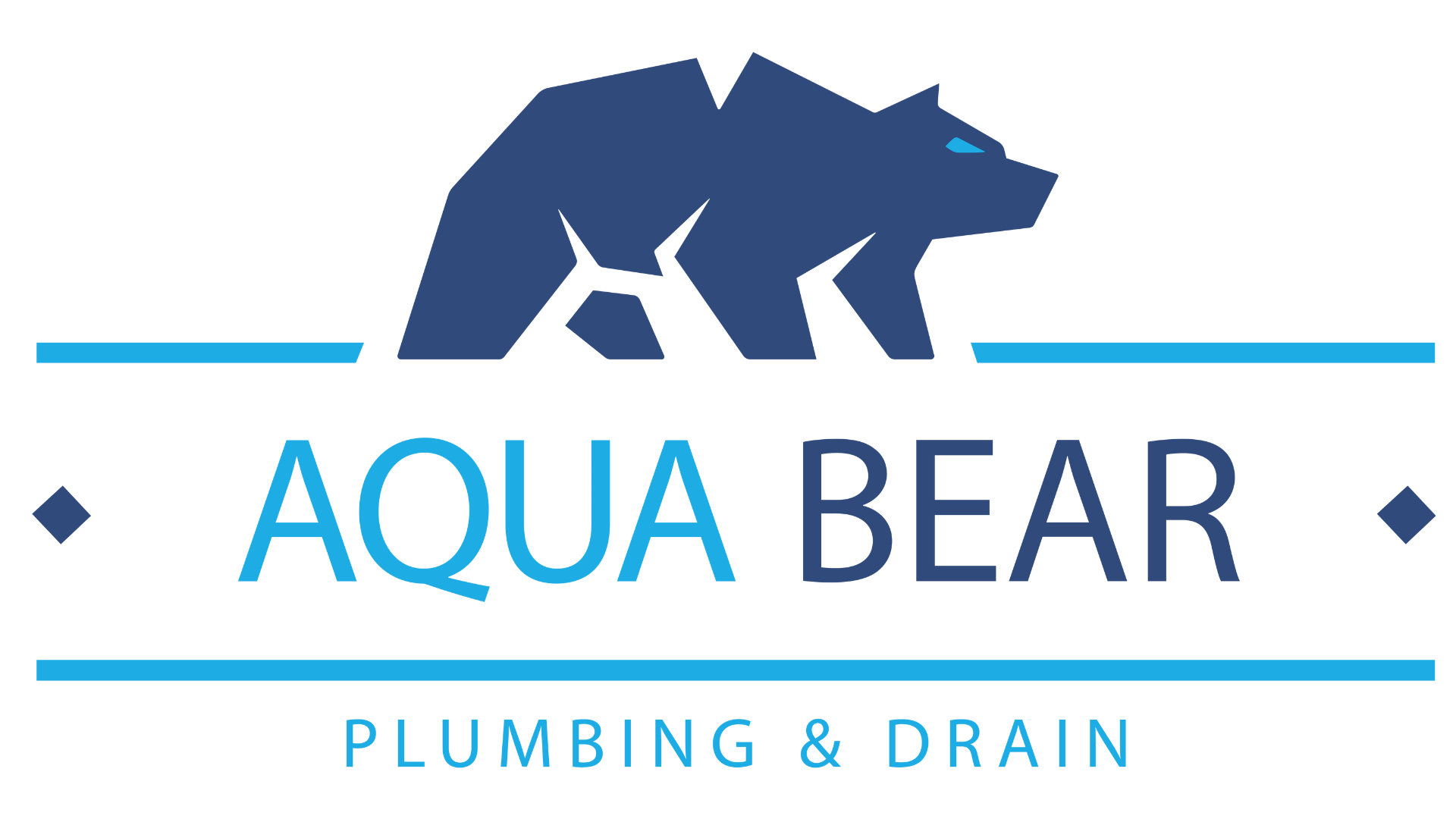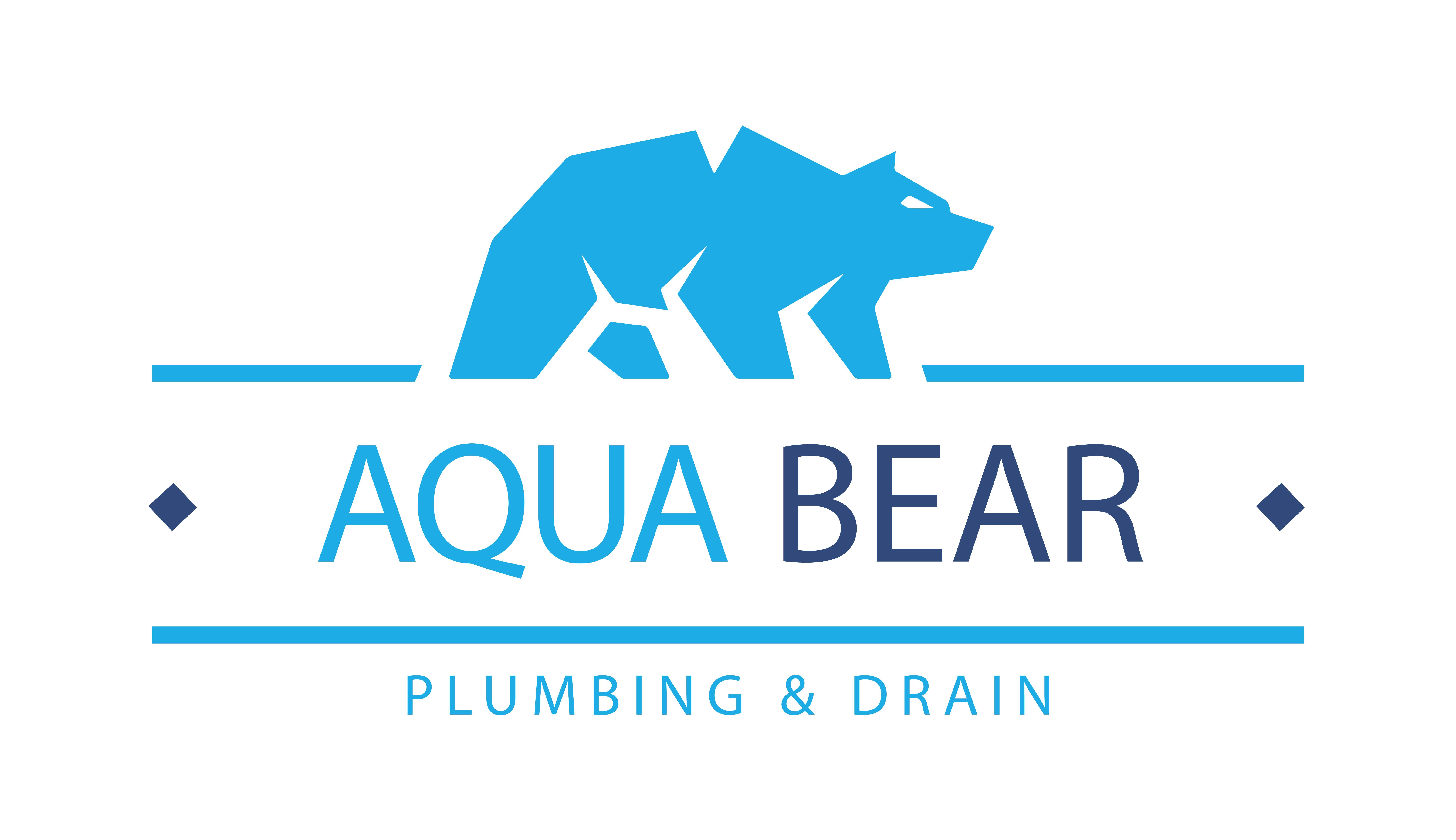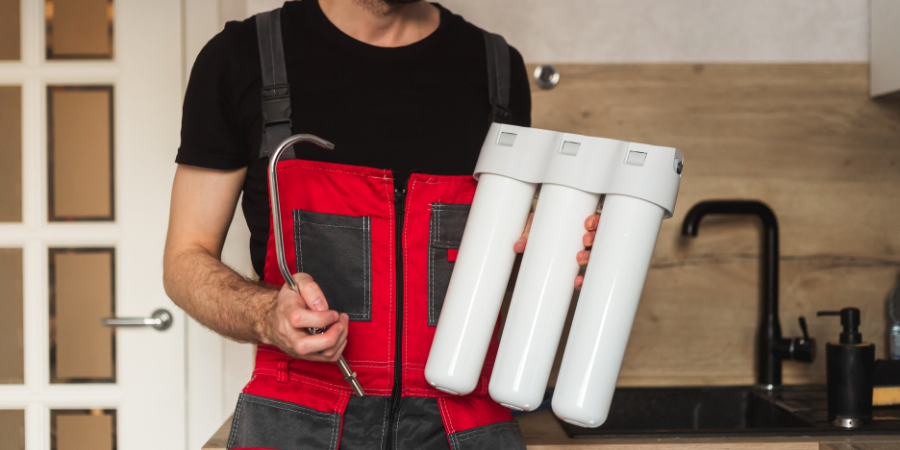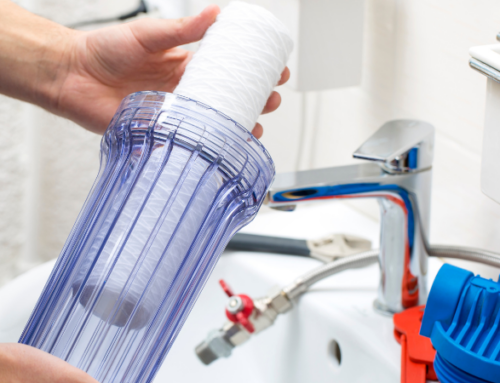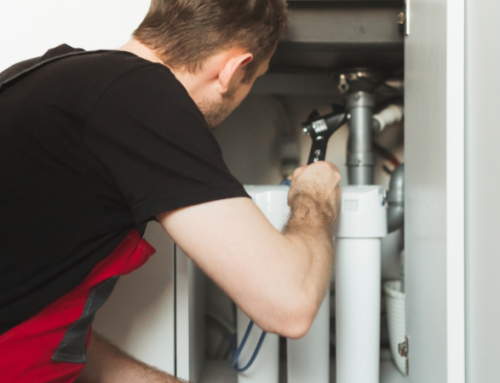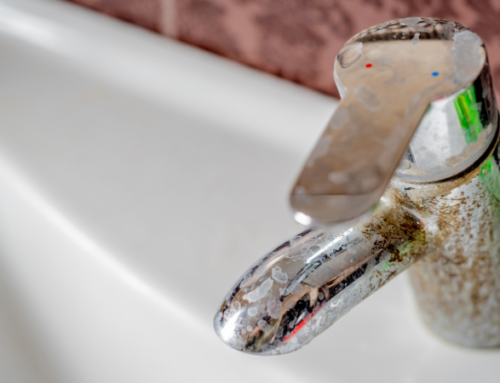What Is A Water Softener?
A water softener uses a process known as ion exchange to remove hard water minerals such as calcium and magnesium, which are hard on plumbing systems. Hard water is found in over 85% of US homes and offices, but this prevalent problem is surprisingly easy to correct.
Hard water leads to a condition known as scale. Scale accumulations are responsible for clogged showerheads, and reduced water pressure, and are more often seen in appliances that use hot water, such as hot water heaters and coffee makers. Hot water solidifies calcium and magnesium and turns them into white crystal-like deposits that are unsightly and hard to remove.
Besides its effects on plumbing systems, hard water deposits will stain glassware and leave your laundry looking dull and stiff. It will also mean you will need to use more laundry soap to get the desired results you are looking to achieve. Hard water is also hard on skin and hair, leaving them itchy, dry, and lifeless.
Investing in a water softener will extend the life of your plumbing, save you time and money, and improve the look and feel of your hair and skin while enhancing the overall condition of your home. A whole-home water softener will eliminate hard water and the problems it creates.
How A Water Softener Works
Before water reaches your home it has traveled through soil and rocks and has picked up particles that remain in the water. Hard water is rich in hard water minerals that, while not problematic to ingest, cause problems for your plumbing system and other home issues. A water softener is the answer to hard water problems.
The first step in the water softening process is hard water enters the softener and travels through a bed of thousands of resin beads that hold chemically charged ions. As the process begins, the resin beads are full of negatively charged sodium ions from salt that have been manually added to the softener.
The negatively charged sodium ions attract the positively charged hard water ions of calcium and magnesium, and an exchange is made, leaving behind softened water that exits the tank and is distributed throughout the home.
Over time the resin beads become saturated with calcium and magnesium ions which triggers a regeneration cycle. During regeneration, a saltwater brine solution circulates through the resin bed and replenishes the sodium ions while rinsing the accumulated calcium and magnesium out through a wastewater drain. This resets the system so the hard water entering the softener can again be treated.
Components Of A Softener And Their Function
The Mineral Tank
The mineral tank is the softener component that houses the resin beads that attract the calcium and magnesium ions. This is where the water-softening process takes place. From the mineral tank, soft water flows to plumbing fixtures and water-using appliances in a home.
The Control Valve
The control valve is where the regeneration signal originates, telling the system the resin beads are full of calcium and magnesium ions and need to be washed out of the system using saltwater brine.
The Brine Tank
The brine tank sits adjacent to the mineral tank and aids regeneration. The brine tank holds salt or sometimes potassium that is manually added to the brine tank on a regular basis with the frequency depending on factors such as the hardness of the water or the number of occupants in the home.
The salt dissolves with water already in the tank creating a brine solution. When the control valve determines a regeneration cycle is needed, the brine solution is drawn from the brine tank and pushed through the saturated resin beads to clean them. It is important to continuously monitor the amount of salt in the tank since softening cannot occur without the brine solution.
Benefits Of A Water Softener
Hard water causes damage to plumbing systems, can be harsh on your laundry, and can deplete the health of your skin and hair. Here we will describe why a whole-home water softener is a great addition to every home.
Laundry
Removing hard water minerals and softening the water in the laundry room will help whiten clothing, making it softer and more comfortable. It also will help prolong the life of your washed items and extend the life of the washing machine.
Hair And Skin
Hard water leaves behind a soap residue that can dull your hair and leave your skin irritated and itchy. Softened water can reverse these conditions leaving behind cleaner bathroom areas, silkier hair, and radiating skin.
Water Heater
Hot water heaters are negatively affected by hard water, which can accumulate on the heating elements and interfere with hot water production. This problem is so prevalent that a component known as an anode rod is installed inside traditional water heaters to attract hard water minerals and remove them before the heated water is distributed throughout the house. A water softener eliminates this need.
Streak-Free Dishes
Because hard water leaves a soapy residue behind, dishes and glassware often come out of the dishwasher full of spots and streaks. While not harmful, it is aesthetically unappealing and can lead to embarrassment.
Longer Lasting Plumbing
The most important reason to install a water softener is to protect your plumbing system. Hard water can affect metal plumbing pipes causing them to corrode, leading to pinhole leaks and weakening of pipe walls and scale, which can restrict water flow leading to poor water pressure..
Hard water will also cause appliances to work harder, which wastes energy. The excess wear and tear will certainly increase the number of service calls required to keep the plumbing working properly and lead to premature replacement of plumbing pipes, appliances, and fixtures.
Looking To Install A Water Softener In Your Home?
Installing a water softener is a cost-effective way to take care of your plumbing and help improve the everyday quality of your life. Installing a softener requires minimal maintenance compared to the many benefits they offer thus we highly recommend installing a water softener for all of our customers who suffer from the ill effects of hard water.
If you would like to learn more about the different types of water softeners or how they can benefit your family, feel free to call us. We are experts in the water softening field and can supply the correct answer to even your most complex questions. We solve hard water issues!
